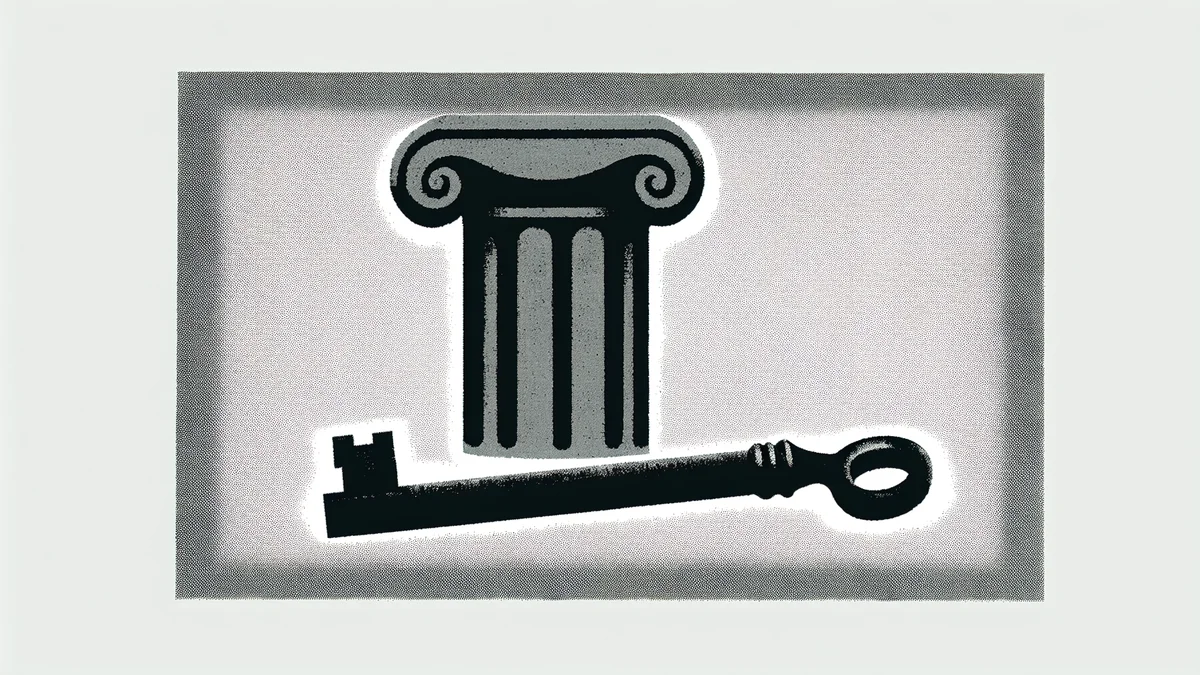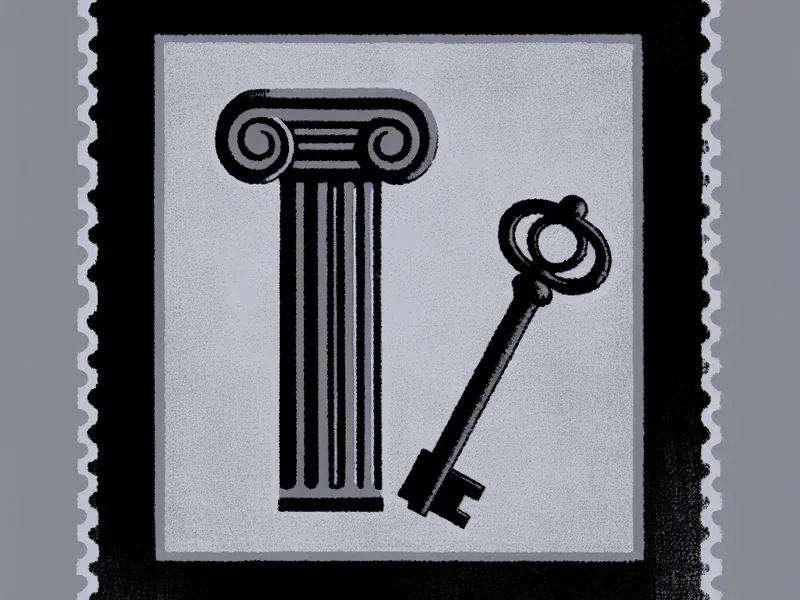Zero-Coupon Mortgage: The 2025 Alternative Shaking Up Home Loans
Curious about alternative mortgage options or want to stay updated on the latest lending innovations? Subscribe to Cockatoo for expert analysis and practical tips on navigating Australia’s evolving property market.

Want money tips in your inbox?
Zero-coupon mortgages are the latest buzzword in Australia’s dynamic property finance landscape. As interest rates and borrowing costs remain front-of-mind for buyers in 2025, this unconventional home loan structure promises a fresh approach—one that eliminates regular interest payments, but comes with its own set of risks and opportunities. Let’s break down how zero-coupon mortgages work, the current policy environment, and whether Aussies should consider jumping on board.
How Zero-Coupon Mortgages Work
Unlike traditional mortgages, which require monthly repayments covering both interest and principal, a zero-coupon mortgage asks for no periodic payments at all. Instead, borrowers agree to repay the entire principal plus accrued interest in a lump sum at the end of the loan term.

-
No regular repayments: Borrowers pay nothing throughout the life of the loan.
-
Compounded interest: Interest accrues and compounds over the agreed term, often 10–30 years.
-
Balloon payment: At maturity, the borrower pays a single (potentially large) sum covering principal and all accumulated interest.
This product draws inspiration from zero-coupon bonds, which are sold at a discount and pay out their full face value upon maturity. In 2025, several fintech lenders and a handful of non-bank financial institutions have begun piloting zero-coupon mortgages for select buyers in Australia’s major cities.
2025 Policy and Regulatory Context
The recent uptick in innovative home loan products has caught the attention of both the Australian Prudential Regulation Authority (APRA) and the Australian Securities and Investments Commission (ASIC). As of June 2025, zero-coupon mortgages remain a niche offering, but regulators have issued updated guidelines:
-
Stricter risk assessments: Lenders must conduct rigorous stress-testing on borrower repayment capacity, especially given the balloon payment risk.
-
Enhanced disclosures: Borrowers must receive clear, upfront information about the compounding nature of interest and potential end-of-term debt levels.
-
Responsible lending obligations: Zero-coupon products are generally limited to high-net-worth individuals or investors, not first-home buyers.
In the context of a property market with fluctuating prices and ongoing interest rate uncertainty, these safeguards are designed to prevent borrowers from being caught off guard by the sheer size of the final payment.
Who Might Benefit (And Who Should Steer Clear)?
Zero-coupon mortgages can be appealing for certain borrowers—especially those with irregular or lumpy income streams, such as entrepreneurs, property developers, or those expecting significant future windfalls (like inheritances or asset sales). Key scenarios include:
-
Property investors seeking to maximise cash flow during the investment period, with plans to sell before the loan matures.
-
Expats who want to buy now, rent out their property, and pay off the loan in full upon returning to Australia.
-
Wealthy individuals with access to liquidity events scheduled for the future.
However, the risks are significant for most homebuyers:
-
Compounded interest can make the total repayment much larger than traditional mortgages.
-
If property values fall or stagnate, borrowers may face negative equity or be unable to refinance.
-
Failure to make the balloon payment could result in foreclosure.
In practice, most Australians—especially first-time buyers and those on stable but modest incomes—are better suited to conventional principal-and-interest home loans or offset mortgage structures.
Real-World Example: A 2025 Pilot Case Study
Consider a Sydney investor who takes out a $750,000 zero-coupon mortgage in 2025 at a fixed 6% interest rate for 15 years. No payments are required during the loan term. At maturity, the borrower must repay the original $750,000 plus all accrued interest. Thanks to compounding, the final bill would be nearly $1.8 million. If property prices have soared, the investor may pocket a profit after selling—but if the market has dipped, they could face a shortfall.
This scenario highlights both the high-risk, high-reward nature of zero-coupon mortgages and why they’re currently restricted to sophisticated borrowers with high risk tolerance and exit strategies.
The Future of Zero-Coupon Mortgages in Australia
While zero-coupon mortgages are unlikely to replace mainstream home loans, they represent a bold step in financial product innovation. As Australia’s property finance sector becomes more competitive and borrowers demand flexibility, expect to see more niche offerings—alongside stricter regulatory scrutiny. For most Aussies, however, the traditional home loan remains the safer, more predictable path to property ownership.
Enjoyed this article?
Get more money-saving tips delivered straight to your inbox every week.
No spam. Unsubscribe anytime.
Financial Tips That Actually Make Sense
No jargon. No spam. Just one useful tip per week to help you keep more of your money.
Join 50,000+ subscribers